Transform Your World with Hands-On Permaculture Design!
Are you eager to cultivate sustainable landscapes that transform not only your environment but your lifestyle? Our Permaculture Design Course is crafted to empower you with practical, real-world skills that lead to clear, tangible outcomes—designed for passionate individuals like you who are ready to make a positive impact.
Did you know that you can live on planet Earth without destroying it, while actively regenerating it and providing for your needs, livelihood, and community?
Imagine having the ultimate operating manual for ecological abundance. Our Permaculture Design Course offers you the keys to unlock sustainable living. Picture yourself not just learning, but understanding strategies that allow you to cultivate thriving ecosystems that benefit both you and the planet.
This is more than a course; it's your pathway to transformative change. As you engage with practical, hands-on learning, you’ll gain the skills to create landscapes that regenerate and inspire. Envision a future where your actions contribute to a sustainable lifestyle, empowering your community and nurturing the Earth.
I WANT TO LEARN MORE!THERE IS HOPE
You Can Live Beyond Sustainable without Sacrificing Time, Money, or Your Needs
Permaculture is like receiving the operating manual for thriving on our beautiful blue planet, empowering you to learn how to:
- Effortlessly grow nutrient-dense food with minimal work and time.
- Secure your water resources through efficient rainwater and greywater systems.
- Create meaningful jobs that actively repair the planet.
- Design homes and buildings that naturally heat and cool themselves.
- Embrace the (beyond) sustainable life you’ve always dreamed of, whether you have land or not.
Yes, It Really Is Possible!
The irony is that the tools, technology, and ability to reverse climate change and heal our environment are already at our fingertips. In the Permaculture Design Course, you’ll discover how to finally take control of your ecological future!
ENROLL NOW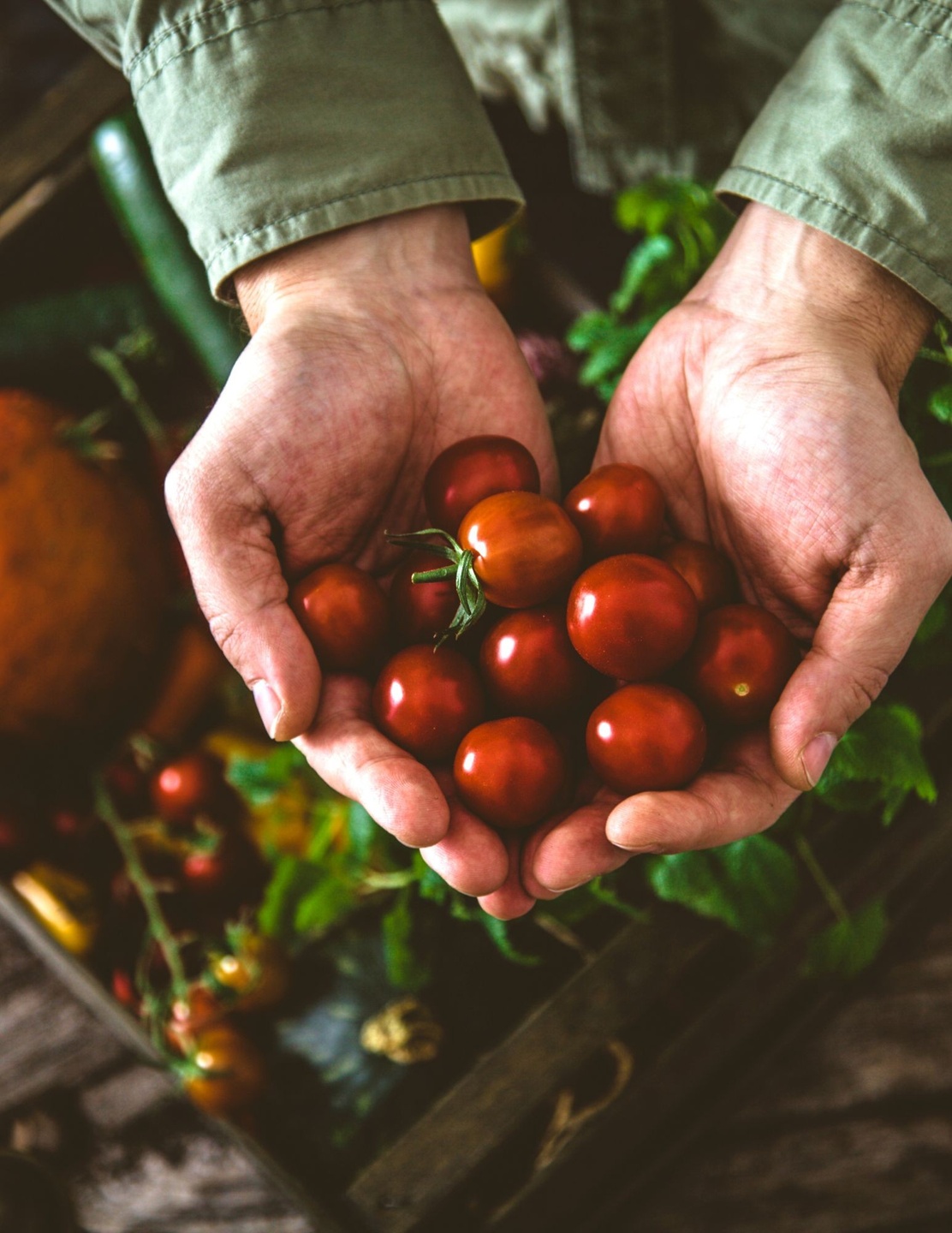
In The Next 6 Months, You Could…
- Be cultivating a nutrient-rich garden even if you have little or no land.
- Be actively regenerating ecosystems and sequestering carbon.
- Begin building a resilient life for you and your family, no matter what challenges come your way—be it a pandemic, catastrophe, natural disaster, or economic downturn.
With a solid foundation in ecological and systems thinking, combined with effective permaculture design, you’ll be well on your way to transformation.
We will cover this and so much more in the Permaculture Design Course!
INTRODUCING...
The Permaculture Design Course

If You Are Ready To Take Control of Your Ecological Future...
This Permaculture Design Course, held over 6 weekends, will equip you with everything you need to start building the ecological and resilient life you envision for yourself and your family. You’ll learn how to:
- Design food, water, energy, building, and economic systems that are resilient and operate like a healthy ecosystem.
- Apply tools, techniques, strategies, and principles to create holistic permaculture systems.
- Strategize by harmonizing with ecosystems rather than working against them.
With a simple shift in mindset and the application of smart ecological patterns and principles, you could start living the life of your dreams while actively restoring the planet's ecosystems.
Join us and embark on this transformative journey!
What's Included In The Permaculture Design Course...
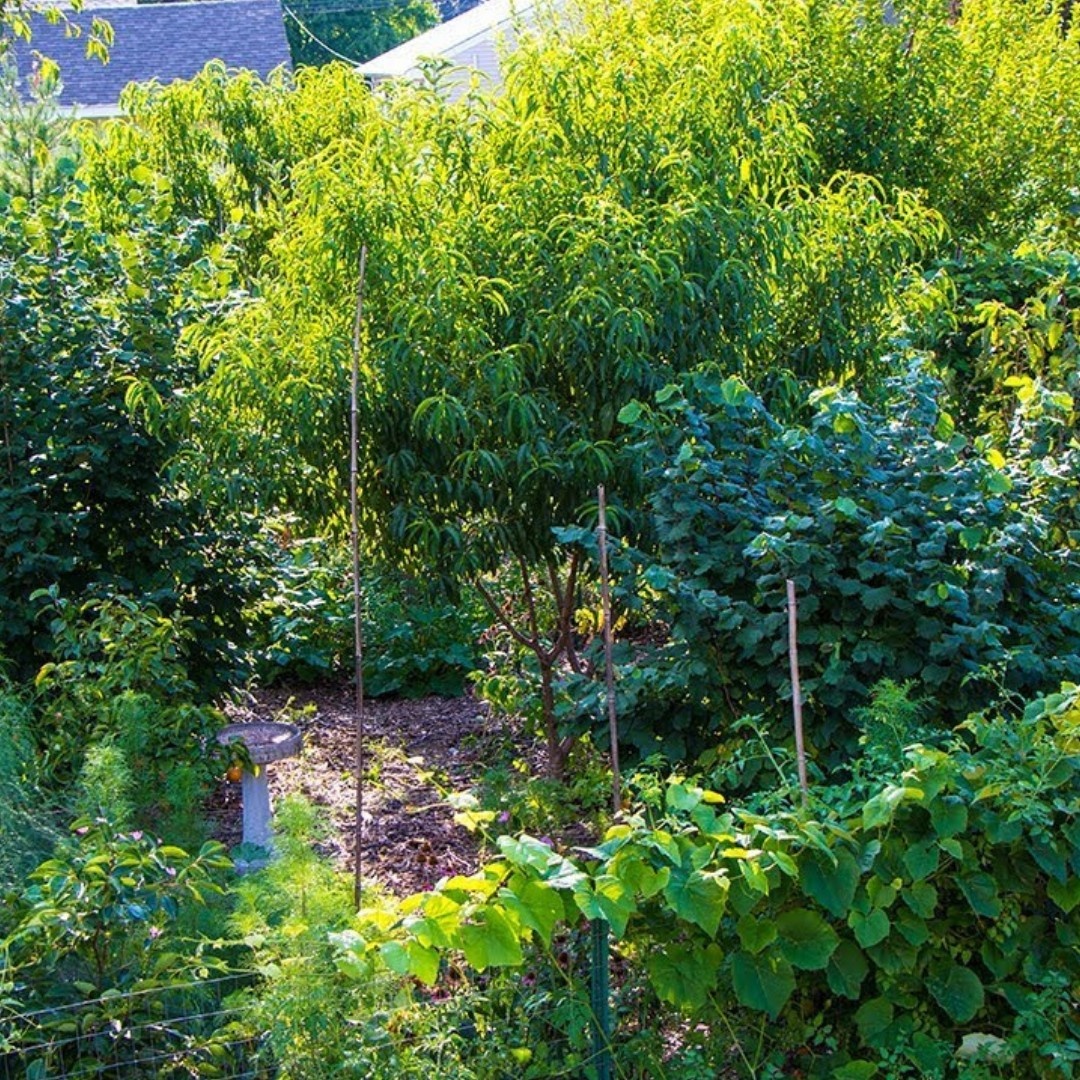
MODULE 1
Introduction to Permaculture
Permaculture is a holistic design approach that harmonizes human needs with ecological systems. It’s more than just garden design; you can apply permaculture principles to create sustainable buildings, energy systems, jobs, and vibrant communities. This module will cover:
- The current state of the world and the pressing need for sustainable solutions.
- Permaculture ethics and principles that guide sustainable living.
- How holistic permaculture design fosters resilience in ecosystems and human communities.
By the end of this section, you’ll have a solid understanding of systems thinking and the principles necessary to cultivate resilience in all aspects of your life.

MODULE 2
Permaculture Design Methodologies
At the heart of permaculture lies observation and integration. In these lessons, you'll learn how to design systems that function like ecosystems, including:
- Zone and sector analysis to understand and optimize your environment.
- Functional analysis to identify the roles and interactions of various elements.
- Our simplified Permaculture Design Process to get you started with confidence.
By the end of this section, you will be equipped with the tools to think critically and design holistic, resilient systems that enhance both your life and your environment.

MODULE 3
Natural Patterns Understanding
Patterning is the dynamic process of making connections across space and time. In these lessons, you will explore how life is patterned through ecological functions, including:
- The mathematical nature of nature, revealing the underlying patterns that govern ecosystems.
- Ecological and cultural pattern literacy to enhance your understanding of the interconnectedness of life.
To create ecological systems that function effectively, becoming pattern literate is essential. By the end of these lessons, you will possess the knowledge to work with natural and ecological patterns, forms, and connections, empowering you to design systems that thrive.

MODULE 4
Understanding Climate Patterns
The climate where you live defines your unique relationship with temperature and moisture. Climates and microclimates are not random; they are shaped by distinct factors. In these lessons, you will gain insight into:
- The factors and patterns that cause rain, enabling you to understand precipitation dynamics.
- The elements that determine temperatures across different regions worldwide, giving you a comprehensive view of climate variability.
- How to read the climate specific to your location, enhancing your design capabilities.
By the end of this section, you will not only understand the broad climate patterns—from the tropics to temperate regions and drylands—but also the unique design characteristics associated with each climate type.

MODULE 5
Trees + Their Energy Interactions
Plants, and particularly trees, continually interact with their surroundings, playing a vital role in the ecosystem. In these lessons, you will discover:
- How trees and vegetation influence rainfall, contributing to local climate systems.
- Designing multifunctional windbreaks that enhance microclimates and protect crops.
- The ways that trees modify and enhance ecosystems, creating habitats and supporting biodiversity.
At the end of this module, you will gain a newfound respect for the plant world and an understanding of how to leverage vegetation to create rainfall and enhance microclimates for your designs.
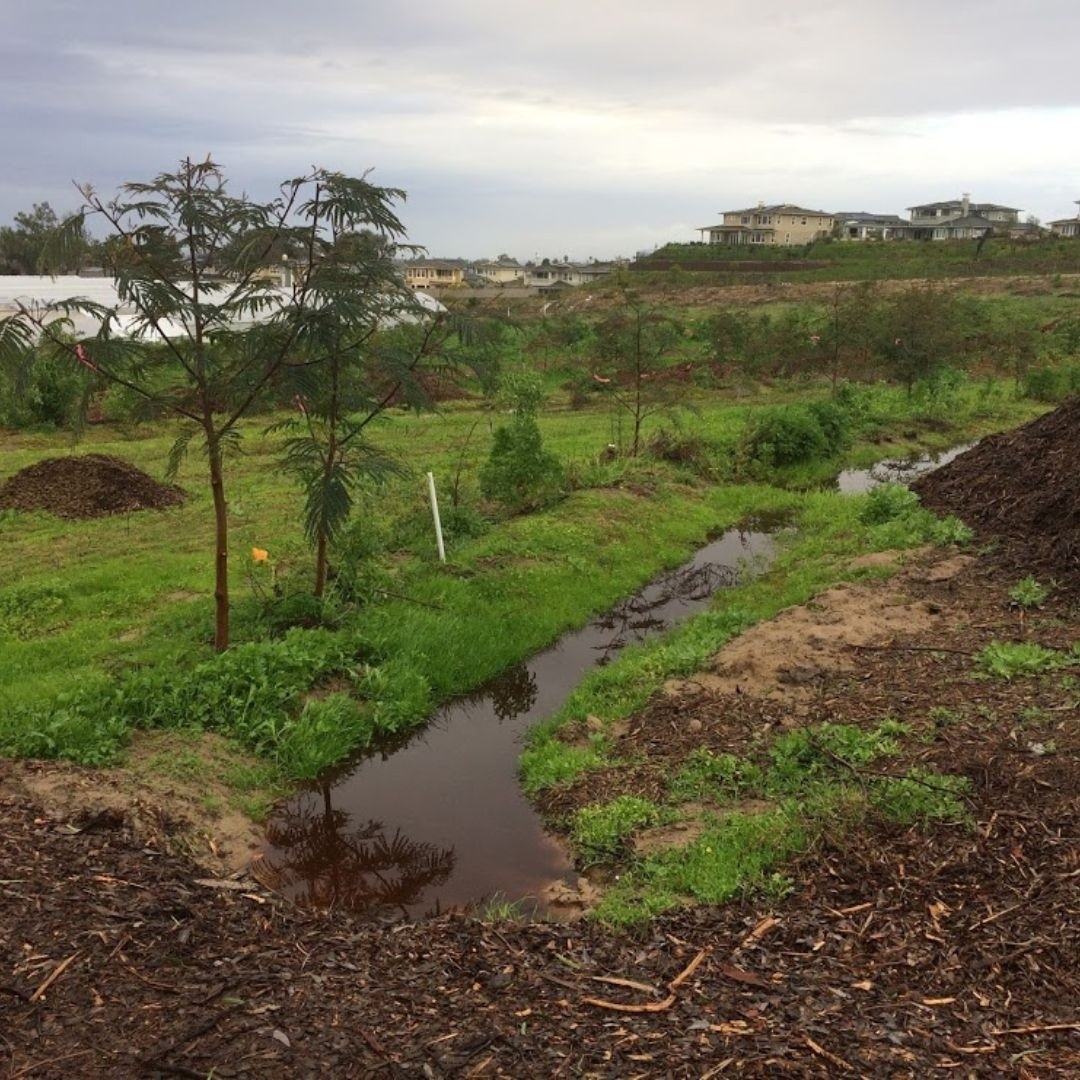
MODULE 6
Designing for Water
Water is the essential lubricant of life. In these lessons, we will dive deep into the realm of designing for water abundance, including:
- Passively harvesting rainfall using earthworks such as basins, swales, and vegetation to slow, spread, and sink water effectively.
- Designing a rainwater harvesting tank system, covering necessary sizing and components.
- Doubling your water efficiency through the reuse of greywater from sinks, showers, and washing machines.
By the end of this module, you will be equipped to calculate your water budget for any site and identify the most suitable strategies and techniques for integrating water into your landscape designs.

MODULE 7
Living Soil Systems
Once we have "planted" the water, we can learn how to quickly build nutrient-dense, living soil to grow the healthiest, most disease-resistant plants. In this module, you will understand:
- The science behind living soil and how to manage it for optimal biological activity.
- Nutrient cycling techniques, including composting, worm castings, sheet mulching, hugelkultur, compost teas, and more.
By the completion of these lessons, you will be empowered to transform any soil into rich, chocolatey loam with ease. Your plants will thank you for applying the knowledge gained from this module!

MODULE 8
Plant Ecology + Food Systems
The living plant world is complex, with intricate connections that enhance our gardens. In these lessons, you will build competency not only in growing your best garden but also in:
- Exploring innovative strategies for building gardens that extend beyond traditional methods.
- Creating plant guilds and perennial food forests that not only promote biodiversity, but are less work too.
- Easily propagating plants from seed, cuttings, division, and more.
Upon completing this module, you will not only save potentially thousands of dollars by propagating your own plants, but you will also learn how to design and build low-maintenance, food-producing gardens that function like a thriving ecosystem. By harmonizing with nature, you as the gardener can relax, knowing you have integrated fertility, nutrients, mulch, and water conservation features into your designs.

MODULE 9
Integrated Animal Systems
In addition to plants, animals play essential ecological roles in every ecosystem. In this module, you will learn:
- How to reduce your workload by utilizing animals for food production, fertility, and nutrient cycling.
- How to seamlessly incorporate animals into any scale of farm or garden.
- Allowing each animal to express its inherent unique "animalness," fostering a more natural and productive environment.
Whether you have a tiny yard or a large farm, integrating animals can benefit all ecosystems, enhancing productivity and sustainability.
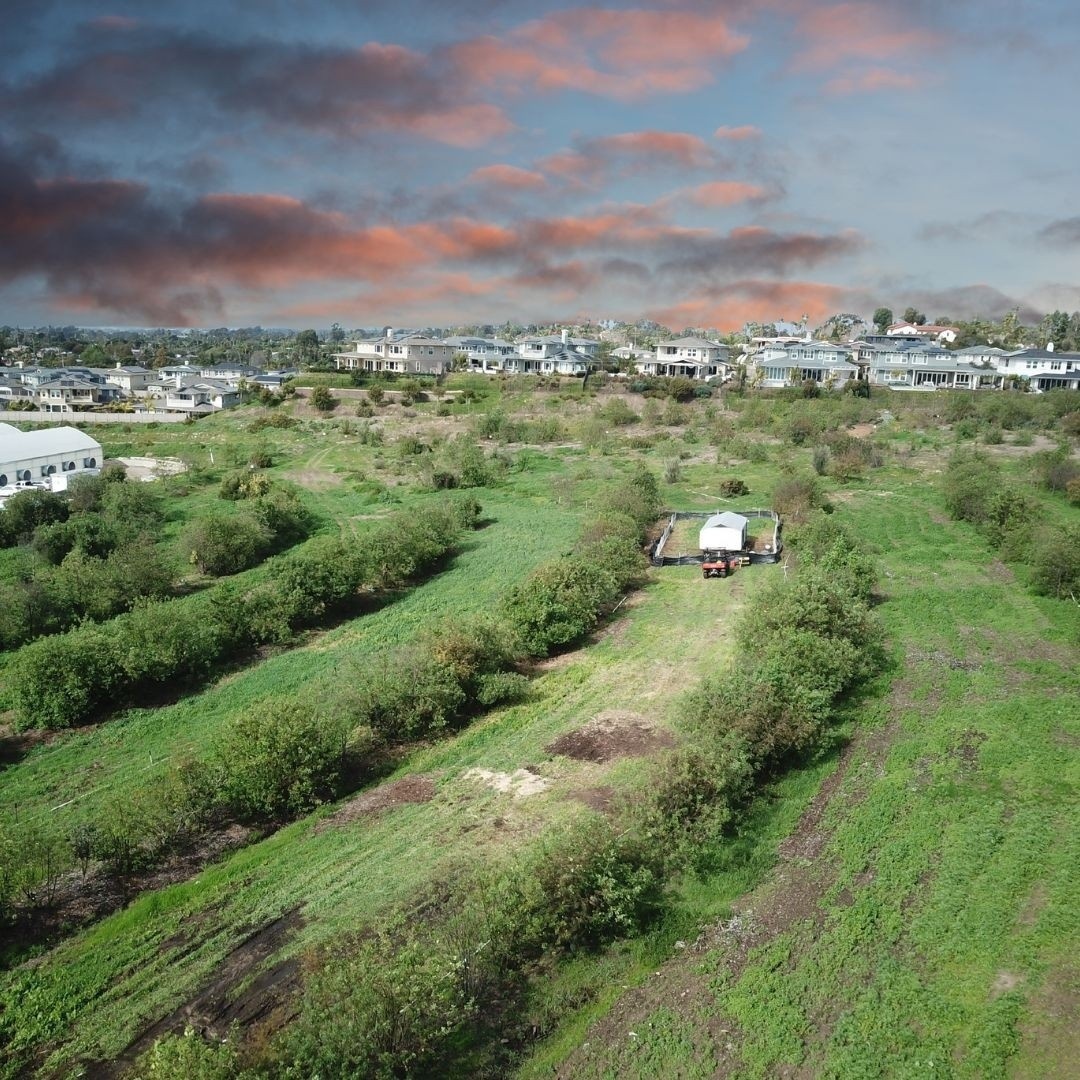
MODULE 10
Farm Scale Permaculture
Permaculture can be applied at both the garden and the larger farm scale, offering transformative benefits to ecosystems. In this module, you will learn:
- How Keyline Design can be utilized for large-scale water and soil management, optimizing your land’s natural resources.
- The principles of agroforestry and other tree-based practices that can significantly benefit farms by enhancing biodiversity and productivity.
- The potential of farms to reverse climate change through carbon sequestration, building soil health at scale, and creating diverse ecosystems.
Even if you are not a "farmer," you will discover the eye-opening potential of integrating these practices to enhance environmental health and sustainability.

MODULE 11
Aquaculture
Aquatic ecosystems are among the most biologically diverse and productive systems on Earth. In this module, you will learn how to harness this diversity by:
- Mimicking productive aquatic ecosystems to enhance sustainability and yield.
- Recreating wetlands through aquaponics, combining fish and plant cultivation for mutual benefit.
- Building natural swimming pools that provide recreational opportunities while supporting local wildlife.
By the end of this module, you will be eager to cultivate your own water garden where appropriate, contributing to both personal enjoyment and ecological health.

MODULE 12
Bioremediation
In nature, the concept of waste does not exist; that idea is a human construct. In this module, we will learn how to transform "waste" into valuable resources by:
- Building, maintaining, and using a composting toilet to recycle humanure into a safe and effective soil fertilizer.
- Utilizing plants and fungi (mushrooms) to clean up toxic land and water, promoting ecological health.
These lessons will empower you to begin restoring land and water by partnering with the living world, reinforcing the understanding that there truly is no such thing as waste.

MODULE 13
Appropriate Technology
In an era dominated by iPhones and smart home devices, it can seem like we're veering into technological complexity. However, the truth is that we already possess the "technology" for sustainable and regenerative practices that invigorate our local economies and communities. In this module, you will learn regenerative methods to:
- Heat and cool your home using efficient, nature-inspired systems.
- Cook and prepare food utilizing solar energy and solar products for sustainable meal preparation.
- Heat water through innovative, eco-friendly techniques.
- Produce electricity from renewable sources, reducing reliance on the grid.
- Implement refrigeration and preservation methods that align with sustainable living.
- Pump water effectively with low-energy solutions.
At the conclusion of these lessons, you will gain the confidence to thrive without worrying about the grid going down, knowing you have integrated appropriate technologies into your life.

MODULE 14
The Built Environment
Imagine a home or building that requires little to no heating and cooling, constructed from non-toxic materials, and capable of melting back into the earth at the end of its existence. In this module, we will cover:
- Passive solar design to heat and cool your home using the sun’s energy for free.
- Designing homes suitable for various climates, including the tropics, colder temperate regions, and hot drylands.
- Building with natural materials using techniques such as adobe bricks, cob, strawbale, wattle + daub, and more.
By the end of this module, you will be equipped to design a climate-appropriate building anywhere in the world or retrofit your existing home to enhance its performance.

MODULE 15
Social Permaculture
While the land design aspects of permaculture often capture the spotlight, the social and people-centered elements are equally, if not more, important. In this module, we will focus on designing for the ecology of society, including:
- Addressing land access issues and fostering community gardens that promote local food systems.
- Building the sharing economy through resource-sharing cooperatives to enhance community resilience.
- Transforming space into place using Placemaking principles to create vibrant, inclusive environments.
By the end of this module, you will be empowered to apply the principles of permaculture to your current living situation, discovering creative ways to save money and resources through collaboration and community engagement.

MODULE 16
Financial + Economic Permaculture
Many of us drawn to environmental sustainability view our financial and economic systems as contributors to the world's problems. While this perspective holds some truth, there are innovative ways to work within existing models to transform them into regenerative systems that meet your needs while benefiting the planet. In this module, we will explore:
- Local and regional currencies and time banks as tools for fostering community resilience.
- Broadening our understanding of wealth through the "8 forms of capital," which redefine value in our lives and communities.
- Identifying or creating jobs in the emerging green economy, paving the way for sustainable livelihoods.
- The concept of right livelihood, ensuring your work aligns with your ethics and values.
- Building ecologies of businesses and jobs that support and enhance local ecosystems.
By the end of these lessons, you will recognize the potential to leverage business as a catalyst for ecological change. You will also break free from the conventional 9 to 5 mentality, designing a livelihood that resonates with your personal values and contributes to a sustainable future.
Benefits of an In Person Learning Opportunity:
Learn on a real life working permaculture education center at Terra Corazón's farmstead located in beautiful Valley Center in Northern San Diego County's backcounty.
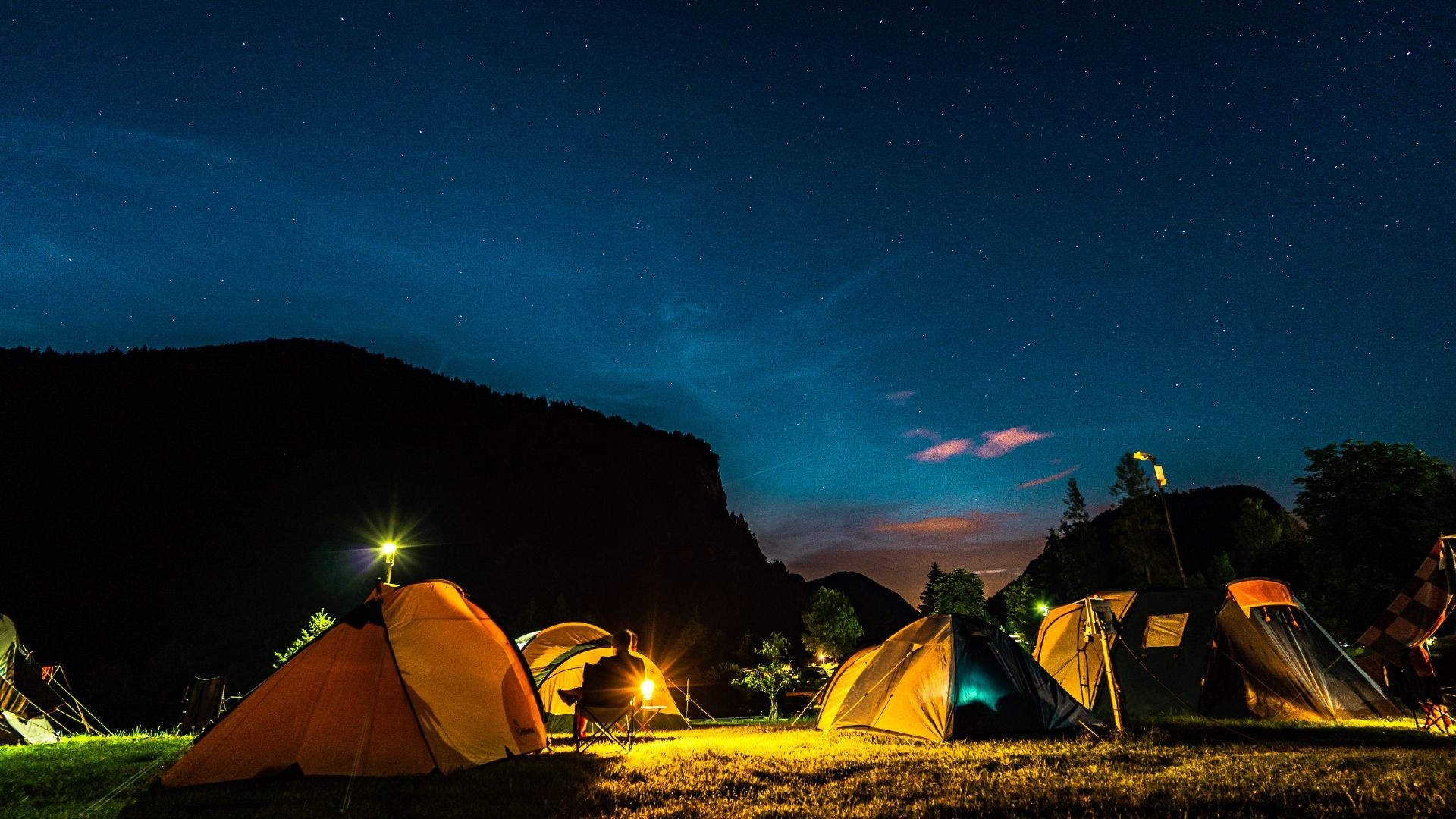
Onsite Camping Available on Two Weekends
Are you ready to deepen your learning experience and connect with like-minded peers? Join us for onsite camping over two weekends where you can immerse yourself in nature and build lasting connections after class.
Imagine sharing stories around the campfire, exchanging ideas, and forging friendships that extend beyond the course. This is your opportunity to engage with others passionate about permaculture and sustainable living, enhancing your learning journey in a vibrant community setting.
Don’t miss this chance to blend education with connection and make memories that will last a lifetime!
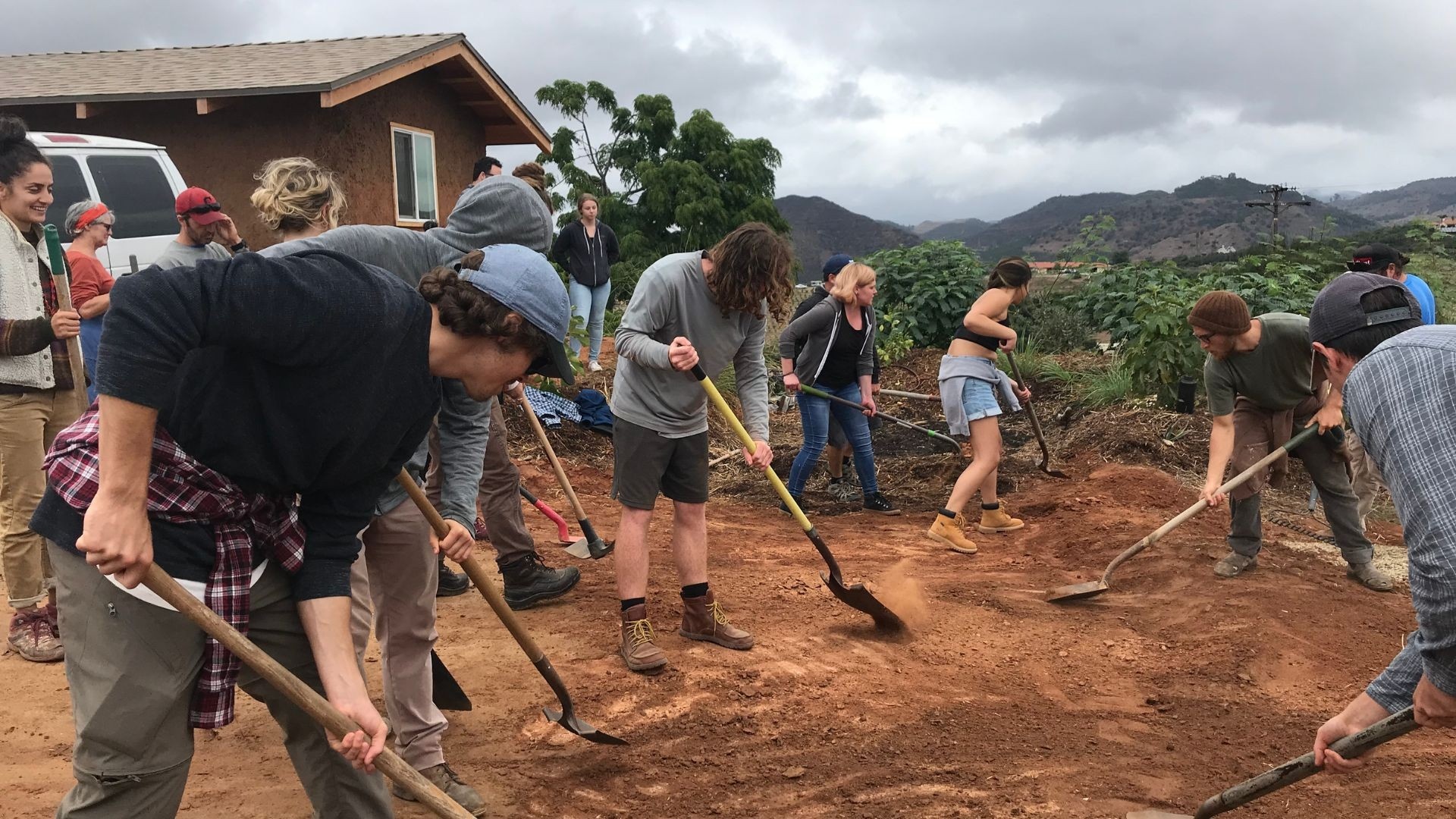
Experiential Learning
Immerse yourself in our in-person Permaculture Design Course, where hands-on learning is woven through our teaching approach. Through active participation in dynamic practical exercises, fieldwork, and collaborative projects, you'll acquire essential real-world skills that you can apply in your everyday life.
This innovative experiential learning method not only deepens your understanding of sustainable practices but also fosters a vibrant sense of community and shared purpose among participants. Join us to cultivate the expertise necessary to create resilient, self-sufficient systems in your home, garden, and community.

Communal Wood Fired Dinners
During our weekend campouts, we unite to prepare and share delicious homemade sourdough pizzas baked in our wood-fired cob oven. This communal dining experience not only satisfies our appetites but also fortifies the bonds within our community, fostering a deeper sense of connection and shared purpose.
Our cob oven, crafted from onsite mud, stands as a symbol of regenerative building practices and serves as a vibrant centerpiece for our gatherings.
Join us for these unforgettable evenings, where food, fire, and fellowship converge, creating lasting memories and inspiring a deeper connection to the principles of permaculture.
Weekend Dates:
All class days meet from 9am to 4:30pm with an hour break for lunch.
- May 3-4, 2025 (Camping Available and Wood Fired Dinner)
- May 17-18, 2025
- May 31- June 1, 2025
- June 7-8, 2025
- June 21-22, 2025
- June 28-29, 2025 (Camping Available and Wood Fired Dinner)
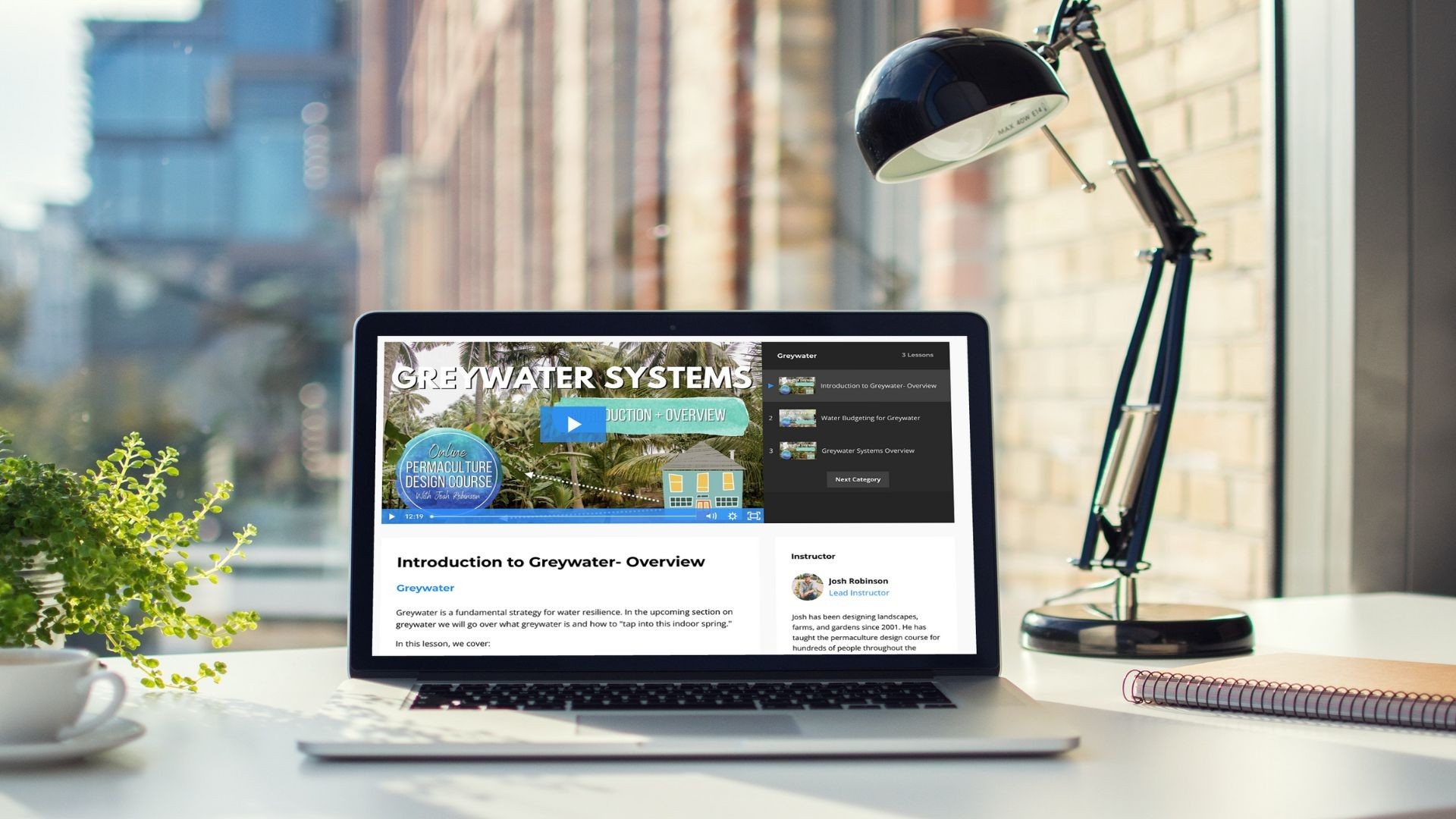
Includes the Entire Online Permaculture Course Content!
Integrating over 100 comprehensive online lessons into our in-person Permaculture Design Course (PDC) enhances the learning experience by merging the depth of digital resources with the live and in person hands-on benefits of practical training.
This hybrid approach ensures that participants not only gain theoretical knowledge but also apply these concepts in real-world settings, resulting in a more holistic and effective educational journey.

Join Our Exclusive Private Messaging Group!
Connect with your classmates, peers, colleagues, and instructors on a dedicated platform designed just for you! In this vibrant community, you can share pictures, comments, and valuable resources that enhance your learning experience.
Imagine the collaboration and support at your fingertips! This is where ideas flourish and connections deepen—don’t miss your chance to be part of this enriching environment.

Enjoy One Year of Unlimited Course Access!
We cover a vast array of topics, and we understand that sometimes, you may want to revisit and absorb the material at your own pace. That’s why we're excited to offer you over a year of access to all online course content—and possibly even longer, depending on our hosting capabilities!
Imagine diving back into the lessons whenever it suits you, ensuring you grasp every concept thoroughly! This is your opportunity to deepen your understanding and maximize your learning experience.
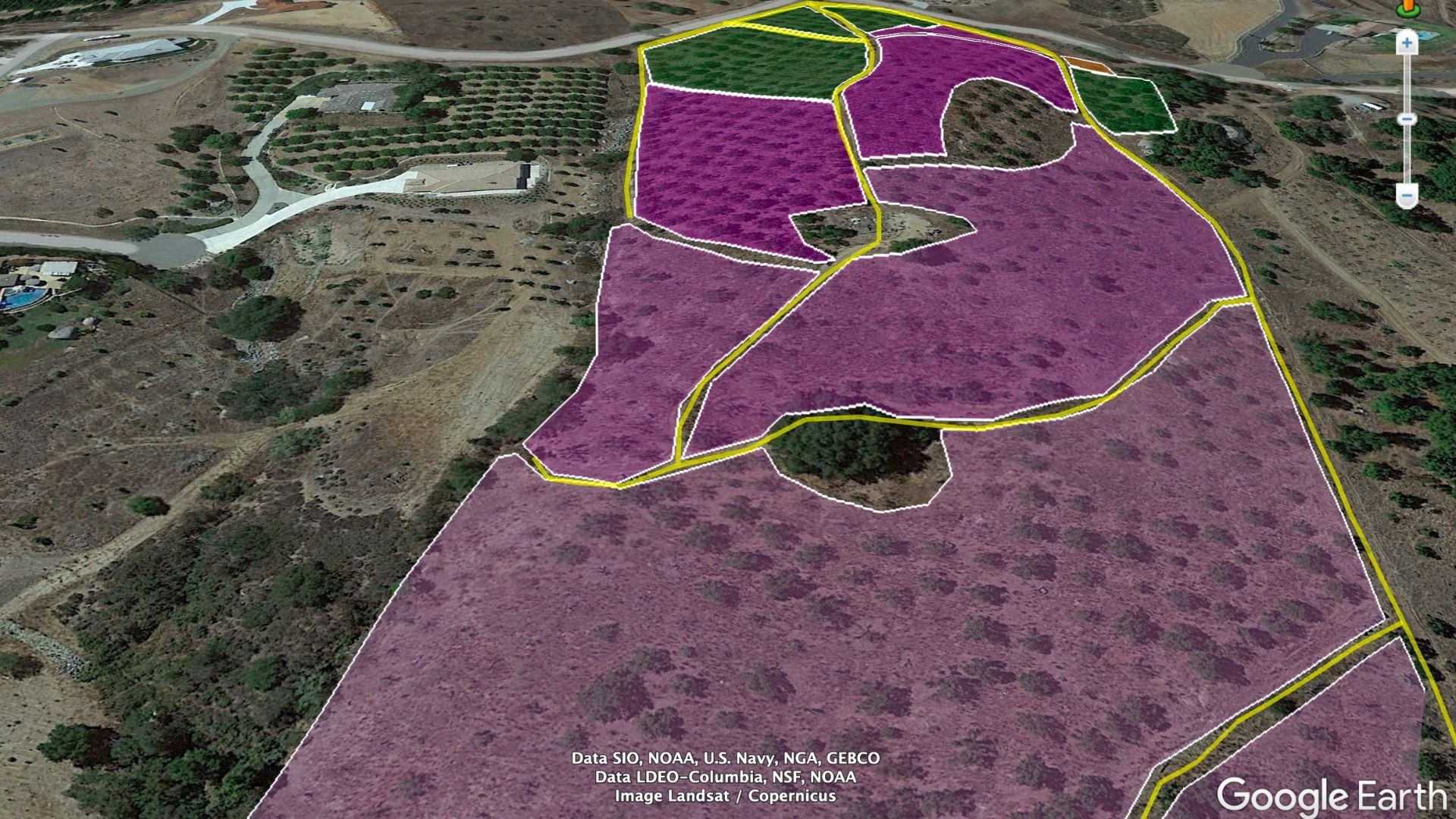
Bonus: Google Earth Pro for Permaculture Design
Google Earth Pro is not just any free program—it’s a game-changer for your design projects! We’re thrilled to offer an exclusive mini-course that reveals insider tricks and techniques on how to leverage Google Earth Pro specifically for permaculture design.
Get ready to transform your approach—this is a $199 value, yours at no cost!
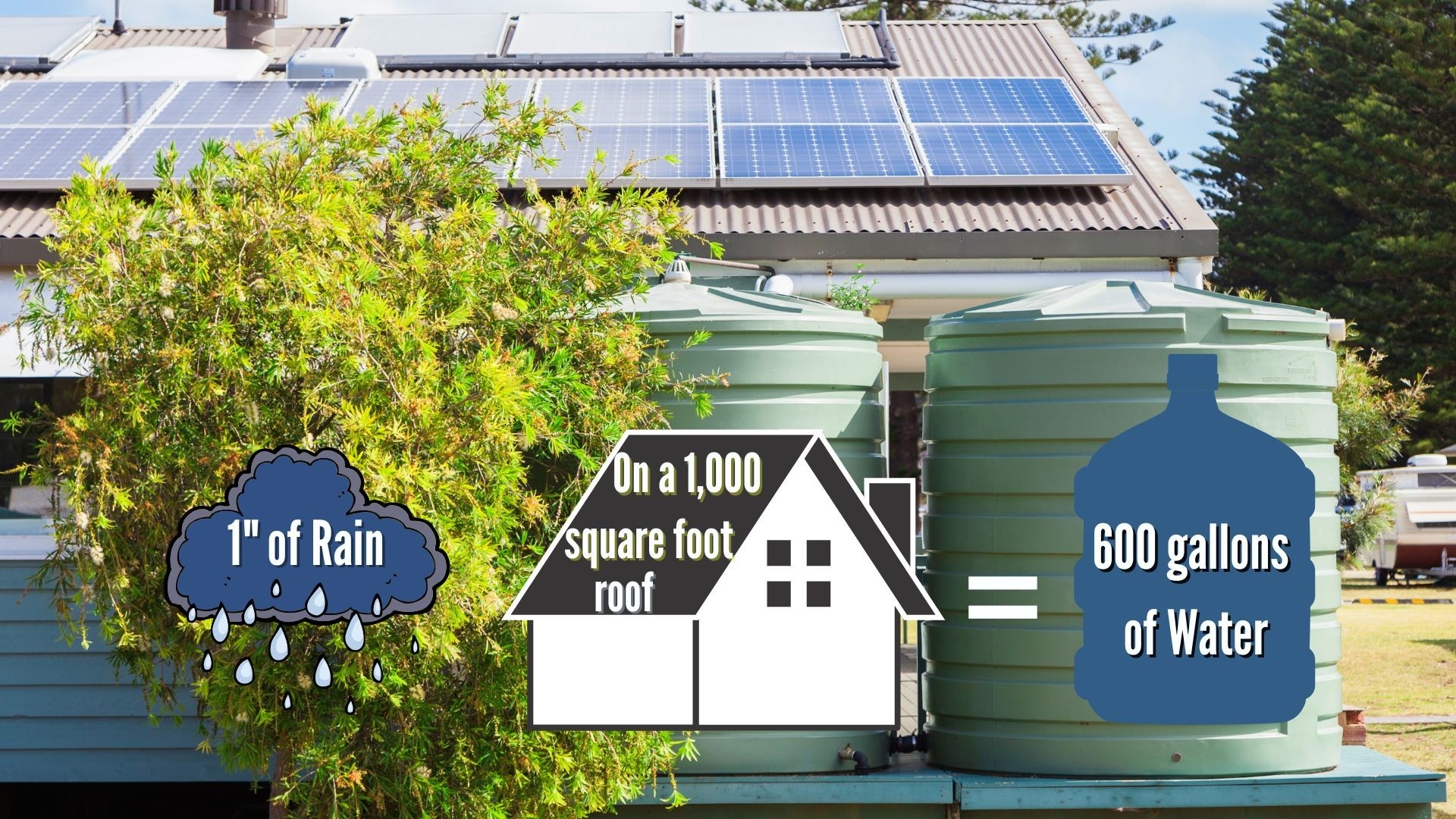
Bonus: Effortless Rainwater Harvesting Calculator!
Calculating the rainfall on various areas of your property, such as roofs and driveways, can be a time-consuming hassle. That’s why we’ve developed a user-friendly Rainwater Harvesting Spreadsheet designed to streamline your calculations for both personal and business use.
Unlock the potential to efficiently manage your resources—this is a $75 value, available to you for free!

Earn Your Permaculture Design Certificate!
Achieve your Permaculture Design Certificate, recognized globally and based on the comprehensive curriculum established by Bill Mollison. This certification not only validates your skills but also equips you with the knowledge to implement sustainable practices effectively.
Imagine how this certificate will empower you to make a significant impact in your community and beyond! Join a respected network of permaculture practitioners and stand out in your field.

This Permaculture Design Course Is For You If...
- You want access to affordable, nutritious food and are tired of struggling in the garden.
- You desire to live lightly on the land while actively leaving it better for future generations.
- You want to build a regenerative life right where you are — whether you have land or not.
- You dream of a fulfilling job in the emerging fields of sustainability, restoration, and ecological living.
- You seek a clear roadmap to design your regenerative and resilient lifestyle.
Join us and transform your vision into reality!
YES, I WANT IN!NICE TO MEET YOU
I'm Josh Robinson
I used to feel frustrated by environmental problems, wondering how I, as one person, could make a difference. That all changed for me in 2001 when I discovered permaculture.
Once I embraced permaculture, there was no turning back — it transformed my life. Since then, I have co-founded four permaculture-based businesses that have supported my livelihood for over 20 years. During this time, I have planted thousands of trees, harvested millions of gallons of rainwater and greywater, and taught thousands of others to do the same.
Now, I use my experience to help people just like you find their ecological calling. I will guide you step by step on how to apply permaculture in your own life, garden, farm, or business.
Together, we can create a more regenerative future!
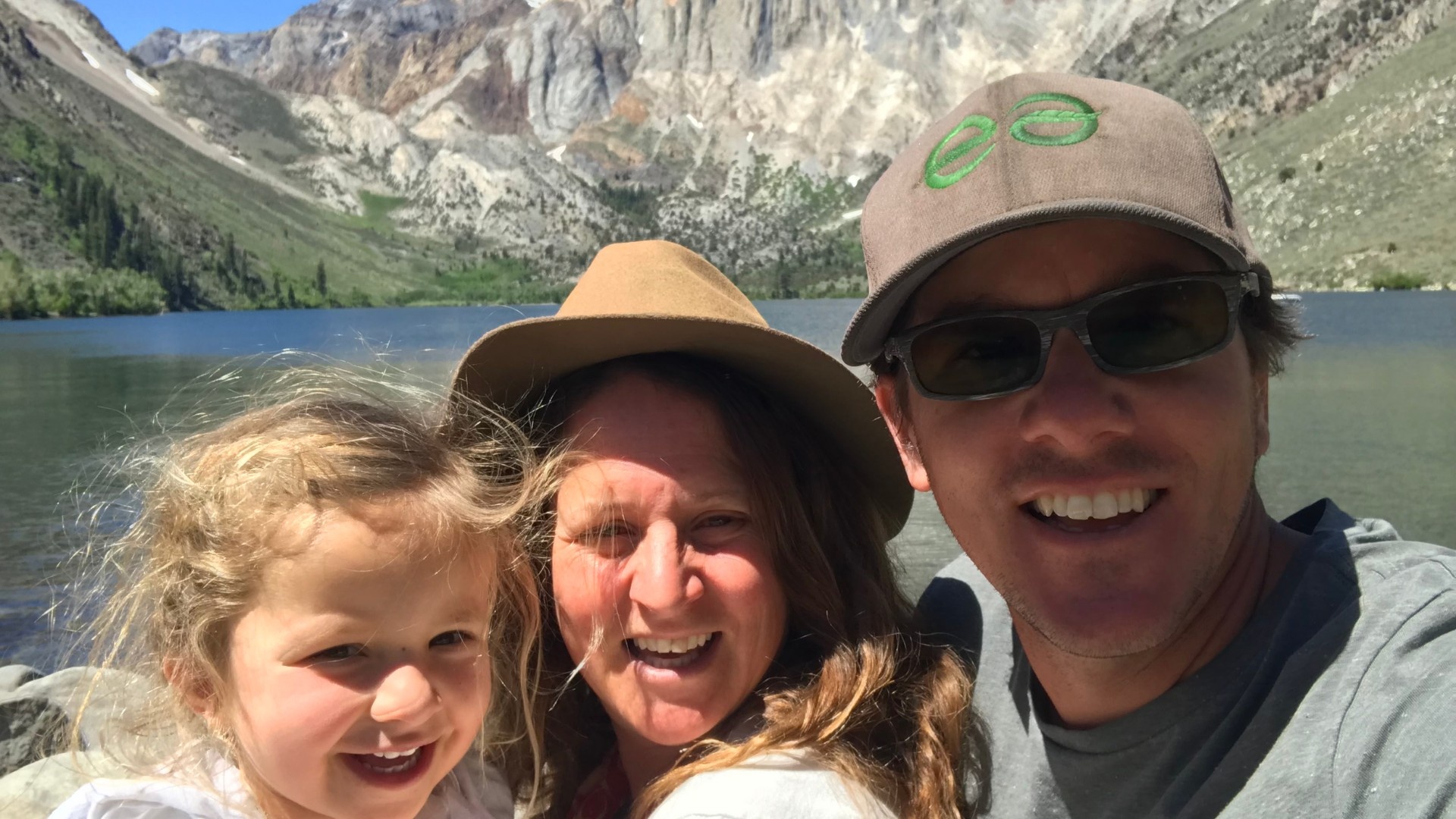

"The Permaculture Design Course (PDC) course given by Josh Robinson and his associates is one of the most intellectually stimulating experiences I have ever had."
-Manuel Engelhorn

"Taking my PDC with Josh Robinson was transformative. His years of hands-on experience and depth of knowledge made this an honest course; his teaching style is compassionate and relaxed, so all of the diverse students felt engaged."
- Diane Kennedy
Finch Frolic Farm

"It's a course that will change your life in the best possible way as it did for me! Since taking the course, I see the world in a new more organized light consisting of patterns and systems and I decided to pursue permaculture professionally."
- Chris Meador
Permasystems
"You can solve all of the problems of the world in a garden."
-Geoff Lawton
Course Schedule
Our 12 Day Permaculture Design Certificate course begins May 3rd, 2025.
- May 3-4, 2025 (Camping Available and Wood Fired Dinner)
- May 17-18, 2025
- May 31- June 1, 2025
- June 7-8, 2025
- June 21-22, 2025
- June 28-29, 2025 (Camping Available and Wood Fired Dinner)
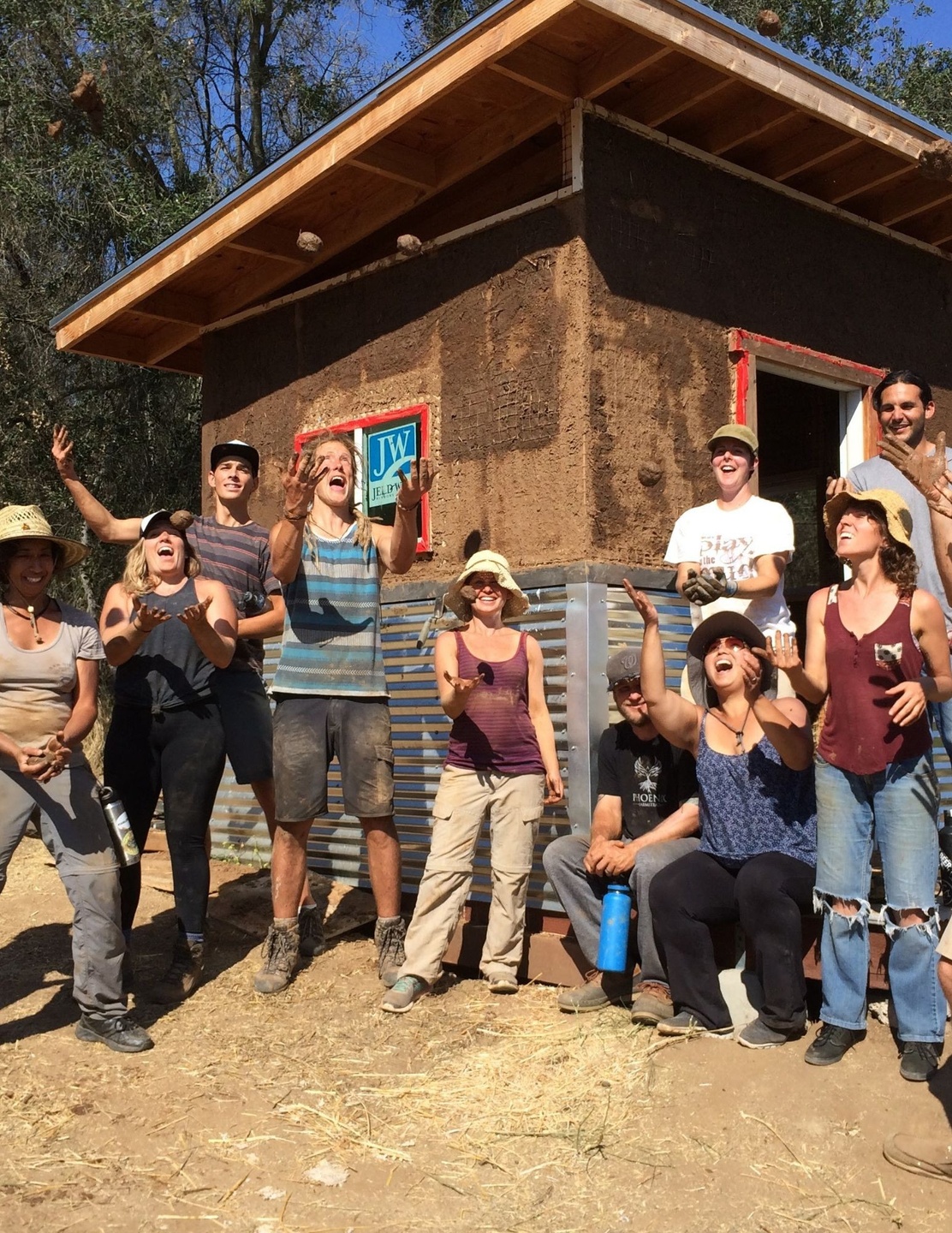
00
DAYS
00
HOURS
00
MINS
00
SECS
GET STARTED TODAY
With The In Person Permaculture Design Course Experience!
Frequently Asked Questions
Do I need any prior experience in permaculture to take this course?
I have watched --- hours of Permaculture YouTube videos, how will this course offer anything different?
What if I can't make it to one of the days?
Is there someone I can talk to more about the permaculture design course?
Do you offer scholarships or work trade positions?
Begin Your Journey Today!
If you're ready to harness the power of nature and transform your skills into real-world solutions, our Online Permaculture Design Course is your gateway to a more sustainable future. Enroll now and join a community dedicated to positive change—one design at a time.
Sign up for our Weekly Permaculture Tip of the Week
Each week, you'll receive a bite-sized, actionable tip to help you:
- Boost your garden's productivity.
- Conserve water and resources.
- Build healthy, living soil.
- Create a more beautiful, resilient landscape.
- And much more!
Whether you're a seasoned gardener or just starting out, our tips are designed to be accessible and inspiring.
